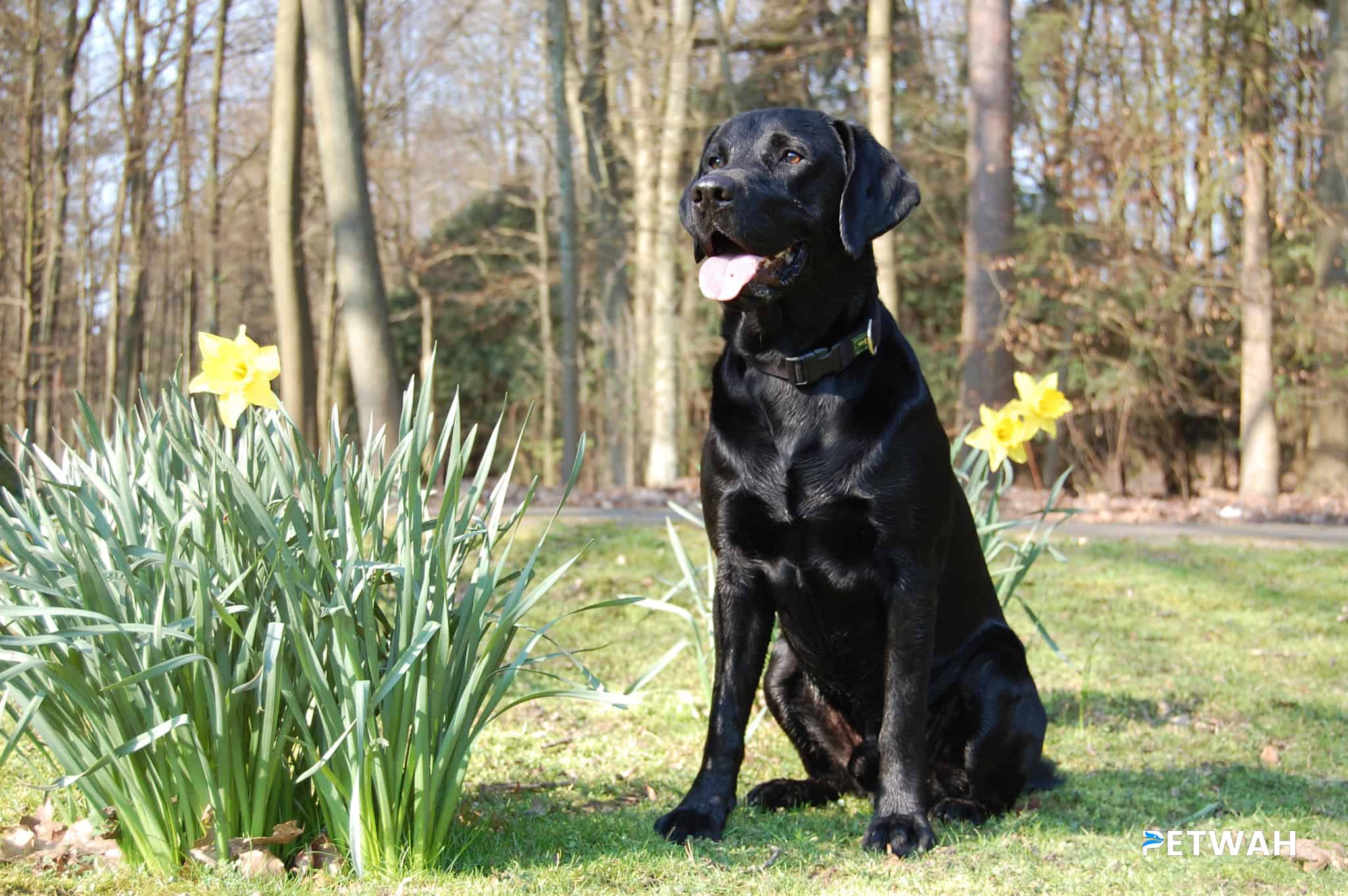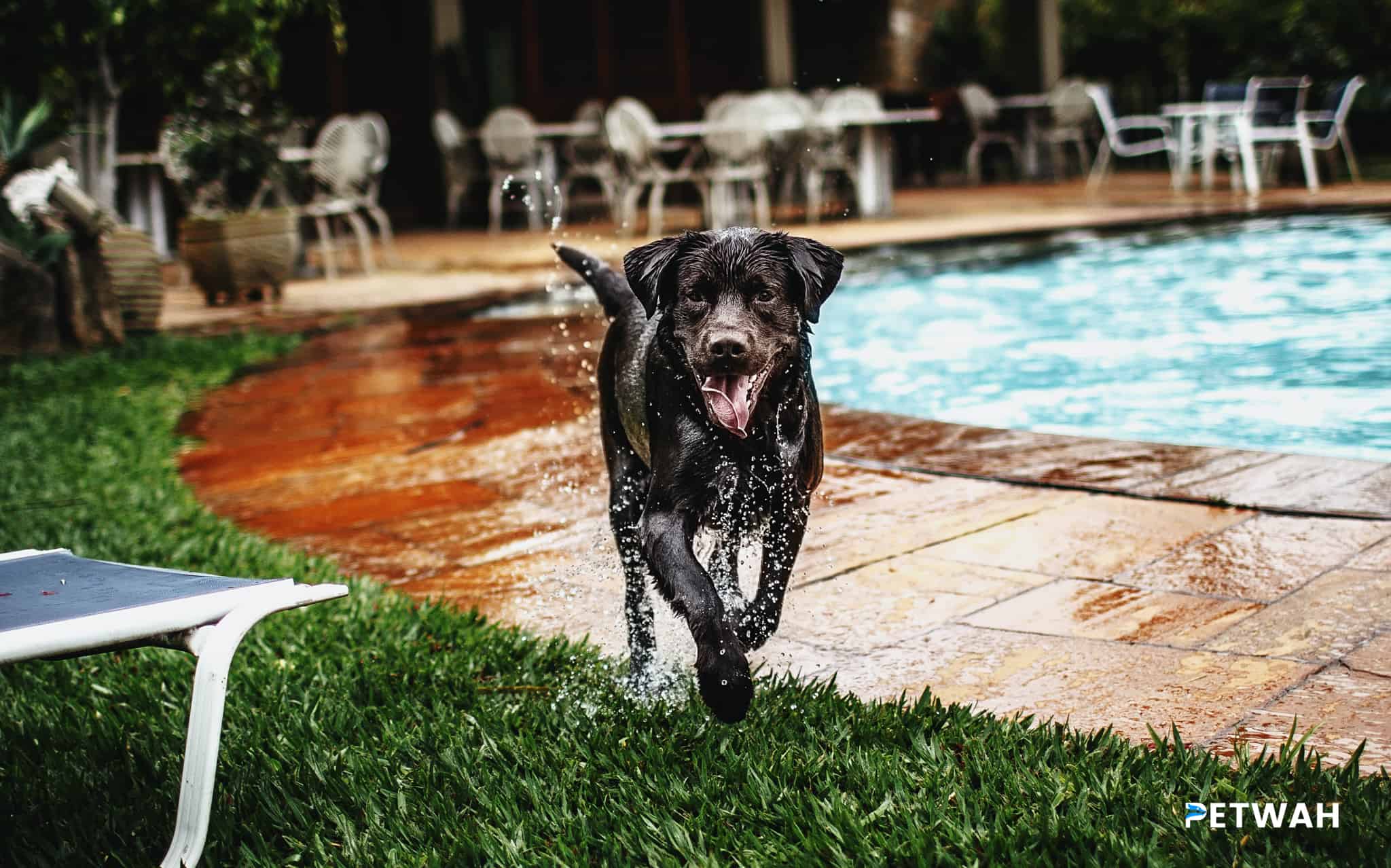Labrador puppies are known for their gentle and friendly nature, but excessive barking can be a common issue that many Labrador owners face. Excessive barking can be caused by various factors, including fear, boredom, attention-seeking behavior, or even medical conditions. As a responsible owner, it’s important to address this issue and find a solution that works for both you and your puppy. In this blog post, we will explore effective strategies to address excessive barking in Labrador puppies, providing you with practical tips and insights.
Understanding the Causes of Excessive Barking
Before diving into methods to address excessive barking, it’s crucial to understand the underlying causes. Labrador puppies may bark excessively due to:

1. Boredom: Lack of mental and physical stimulation can lead to boredom, resulting in excessive barking.
2. Separation Anxiety: Labrador puppies are known for their attachment to their owners. When left alone for long periods, they may experience separation anxiety, expressing it through barking.
3. Fear or Protection: Labrador puppies may bark excessively when they feel threatened or in response to unfamiliar situations.
4. Attention-Seeking Behavior: Puppies may bark excessively to gain attention from their owners, especially if they have learned that barking gets them what they want.
5. Medical Conditions: Occasionally, excessive barking can be a symptom of an underlying medical issue. If you suspect this may be the case with your Labrador puppy, it’s essential to consult with your veterinarian.
Strategies to Address Excessive Barking
Fortunately, there are various strategies you can employ to address excessive barking in your Labrador puppy. The key is to employ consistent and positive training techniques that encourage good behavior. Here are some effective methods to consider:
1. Proper Socialization: Labrador puppies thrive when they are exposed to different people, animals, and environments at an early age. This helps them to develop confidence and reduces anxiety-induced barking.
2. Positive Reinforcement Training: Use treats, praise, and rewards to reinforce desirable behavior. Whenever your puppy remains calm and doesn’t bark excessively, immediately reward them, providing positive reinforcement.
3. Exercise and Mental Stimulation: Regular exercise and mental stimulation are crucial for keeping Labrador puppies engaged and reducing bored behaviors. Take your puppy for daily walks, provide puzzle toys or engage them in training sessions to keep their minds active.
4. Consistent Commands: Teaching your puppy basic commands like “quiet” or “enough” can be helpful in curbing excessive barking. Use these commands when your puppy starts to bark and reward them when they comply.
5. Crate Training: Crate training can be an effective way to manage excessive barking, especially when dealing with separation anxiety. Ensure the crate is a positive and comfortable space and gradually increase the time your puppy spends inside it.
FAQs about Excessive Barking in Labrador Puppies
1. How long does it take to stop excessive barking in Labrador puppies?
The timeframe for addressing excessive barking can vary depending on the puppy and the underlying causes. Consistency, positive reinforcement, and patience are key factors.
2. Should I scold my Labrador puppy for excessive barking?
Scolding or punishing a puppy for excessive barking is not recommended. This can induce fear and anxiety, making the barking problem worse. Instead, focus on positive reinforcement and redirecting their attention.
3. Can excessive barking be a sign of a medical problem?
Yes, excessive barking can sometimes indicate an underlying medical issue. If you have concerns or suspect a medical problem, it’s always best to consult with your veterinarian.
4. Are there any devices or products that can help with excessive barking?
There are devices available, such as ultrasonic bark collars, that emit a sound or mild vibration to deter barking. However, it’s important to use these products responsibly and in conjunction with positive training methods.
5. When should I seek professional help for excessive barking?
If you’ve tried multiple strategies and your Labrador puppy’s excessive barking persists or worsens, it may be beneficial to seek guidance from a professional dog trainer or behaviorist.
In conclusion, excessive barking in Labrador puppies can be addressed through understanding the underlying causes and employing positive training methods. Take the time to train and socialize your puppy, provide mental and physical stimulation, and reward good behavior. Remember to be patient and consistent throughout the process. If you need additional support or guidance, consider consulting a professional trainer or behaviorist. With dedication and proper training, you can help your Labrador puppy become a well-behaved and happy companion.
Don’t forget to check out PetWah for a wide range of products and resources to help care for your furry friends. Visit petwah.com today!
(Note: The mention of ‘PetWah’ is solely for the purpose of illustrating the call-to-action and does not represent an actual website or service.)




%20-%20Copy.jpg)
%20-%20Copy.jpg)
%20-%20Copy.jpg)
